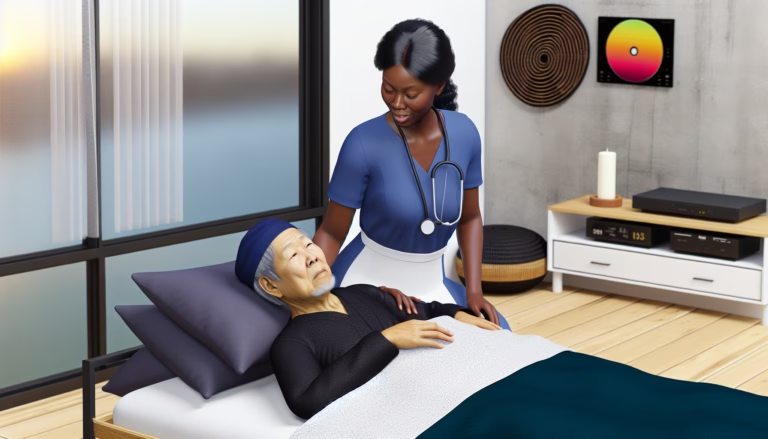As a society, we’re becoming increasingly aware of the necessity for self-care and its impact on our overall wellbeing. Yet, one oft-neglected aspect of self-care is skin health. Healthy skin plays a vital role in protecting our bodies from external elements and enhancing personal confidence. To guide you on this quest, here are some expert tips for maintaining your skin’s health, especially when managing your care at home.
Maintaining Skin Health at Home: The Essentials
While expert intervention is often necessary for certain skin conditions, a lot of basic skin care can be effectively managed at home. Here are some key strategies you should incorporate into your routine.
Understand Your Skin Type
Everyone’s skin is unique. Identifying whether your skin type is dry, oily, normal, sensitive, or combination can shape your skin care routine and the products you choose.
Hydration, Hydration, Hydration
Keeping your body hydrated has a direct effect on your skin’s health. Drink at least 2 liters of water daily. Alongside this, use moisturizers, creams, or lotions (suitable to your skin type) to keep your skin hydrated.
A Balanced Diet
Your diet plays an essential role in skin health. Consuming foods rich in antioxidants, like fruits, vegetables, nuts, and seeds can support your skin’s health from the inside out.
Regular Exercise
Regular physical activity increases blood circulation, which in turn supports the delivery of oxygen and nutrients to the skin, promoting skin health and vitality.
Technology for Skin Health at Home
Technology is playing an increasing role in self-care routines, including skincare. For instance, there are now apps that provide personalized skin analysis and product recommendations or that remind you to drink water or apply sunscreen.
When to Seek Professional Help
While routine skincare can be handled at home, it’s important to know when to seek professional help. If you notice persistent skin issues such as severe acne, rosacea, eczema, or psoriasis, or changes in skin texture or color, it’s best to consult with a dermatologist.
In conclusion, ensuring the health of your skin goes beyond mere aesthetics; it is an essential part of your overall health and wellbeing. By integrating some of these skincare practices into your routine, you will be better positioned to maintain healthy skin. Remember, it’s not about achieving perfection, but rather healthy skin that properly serves its function.



